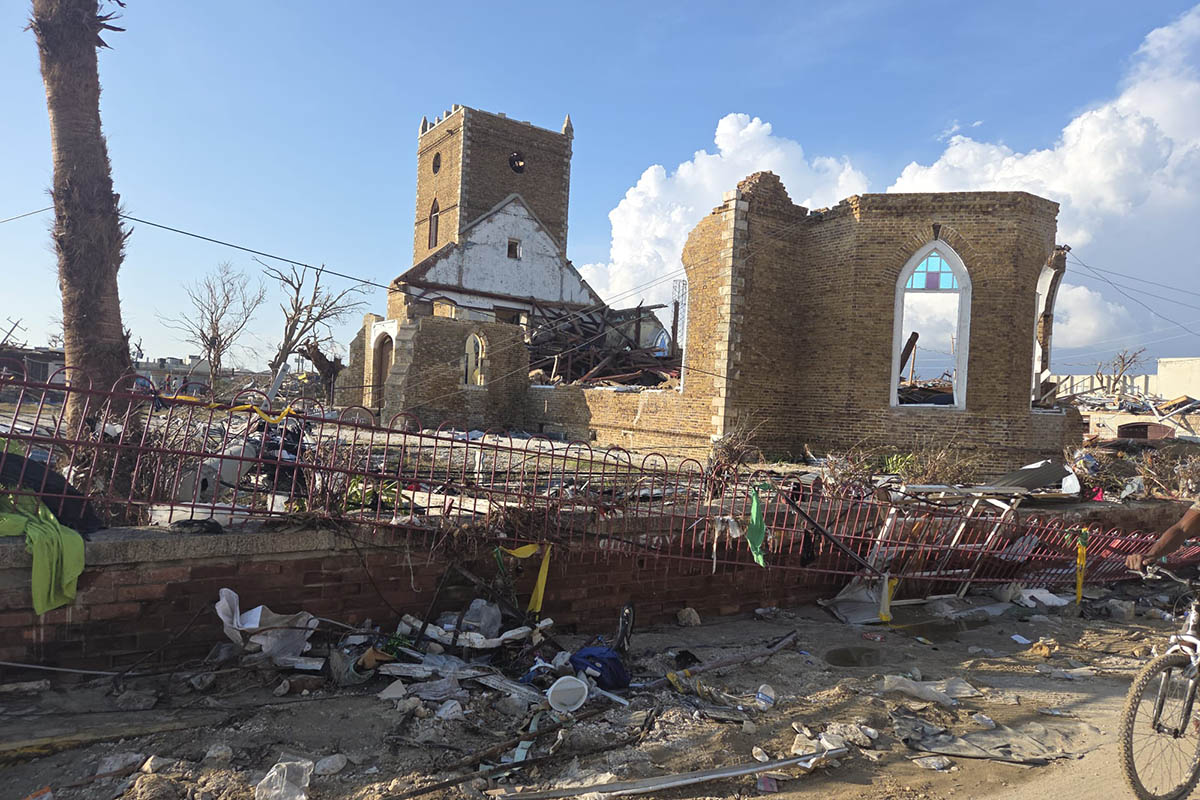“African states and responsible mining policies”
November 2 Metolo Foyet, 20, a Correspondent from Cameroon now living in Niger, is interested in the link between states and mining companies in Africa. She has questions about the social responsibility of mining companies and incentives to use renewable or fossil energy.
Metolo Foyet, 20, a Correspondent from Cameroon now living in Niger, is interested in the link between states and mining companies in Africa. She has questions about the social responsibility of mining companies and incentives to use renewable or fossil energy.
I was talking art with a friend, Ahamadou Maiga, legal advisor at the African Legal Support Facility when the topic shifted to his career field.
He started by elucidating that free and supplementary participation are the only ways a state can be involved in mining companies in Africa. However, the state acts as a passive shareholder that receives priority dividends, but not always.
As Ahamadou explained, priority dividends are haphazardly allocated at the end of each financial year because mining companies lay down clauses which impede the state’s granting of these dividends. They can therefore make huge profits without necessarily paying dividends to the state. The latter can thus regularly benefit from mining companies in terms of tax revenue but not always in terms of participation.
When asked about the free participation rate that cannot exceed 10 to 20 per cent, he clarified that this is due to a structural adjustment imposed on African countries in the 1990s to avoid the nationalisation of mining companies. He also emphasised that in some anglophone countries operating licenses are considered as land titles: the land and all that is below belong to you. But in francophone states, operating licenses are not considered as land titles and any other natural resource found during your mining activities cannot be exploited unless you acquire its appropriate license.
Concerned, I commented that it was rare to see mining companies involved in corporate social responsibility activities given how devastating their operations are to the environment. Ahamadou explained that there is a difference between corporate social responsibility and community development. The latter is a legal obligation while corporate social responsibility is voluntary action by companies to contribute to local development; it comes to the relief of the local development actions carried out by the state. He added that corporate social responsibility is present in legislation and falls within the legal obligations of community development. As a result, the extractive industry is required to comply with the law. Failing to do so, a withdrawal of the mining permit may follow.
Often, extractive industries are accused of polluting the environment and asked to contribute to the development of the locality in which they operate. The legitimacy of these voluntary actions imposed by the state and transferred to mining companies must be emphasised: this responsibility is ancillary, since it is initially the responsibility of the state, whose duty is to use a portion of tax revenues to ensure community development.
Puzzled, I asked him why he chose to work in the extractive business, knowing that renewable energy is the sexy field of the moment. He stressed that fossil energy cannot be displaced or replaced by renewable energy, for renewable energy appliances are made of fossil-based metals. Fossil energy is a catalyst for the development of renewable energy and therefore one cannot be promoted at the expense of the other. Both must go hand in hand.
When I observed that Africa is asked to allow access to renewable energy, he responded that not only can’t the budget of most African states bear the cost of this request, but in regulations, there is no obligation to buy energy produced from renewable energy. This explains why in Africa, access to renewable energy isn’t subsidised by states. Therefore, the burden is imposed on the local population, hence the high price on renewable energy. If the state doesn’t buy renewable energy, private providers will be obliged to deal with consumers at their expense.
Having been enlightened, I remarked that while we are told to stop the production of fossil energy and focus on the production of renewable energy, many western mining companies are relocating to Africa. Could this absolute need to see Africa abandon its fossil energy exploitation to the benefit of a western adapted concept be a strategy aimed at monopolising the extractive industry in Africa?
It took the organisation of the COP for Africans to once again be influenced to follow another continent’s decision-making. We must make our own decisions and chiefly ensure that these decisions are direct solutions applicable to our realities rather than adopting solutions specific to western realities where access to renewable energy is subsidised.
photo credit: sparty lea brewery 044 copy via photopin (license)
…………………………………………………………………………………………………………………
About me: I am a social entrepreneur with focus on education, agriculture and cybersecurity.
I have a track record of adding value to organisations by delivering innovative projects that engage stakeholders and expertise in public affairs, strategic communications, translation, research and development, product design, grassroots development and project management across the not-for-profit and private sectors.
I paint, write, and am an environmental, travel and sports enthusiast. I envision a career in the public service, especially the UN.
…………………………………………………………………………………………………………………
Opinions expressed in this article are those of the author and do not necessarily represent the views of the Commonwealth Youth Programme. Articles are published in a spirit of dialogue, respect and understanding. If you disagree, why not submit a response?
To learn more about becoming a Commonwealth Correspondent please visit: http://www.yourcommonwealth.org/submit-articles/
…………………………………………………………………………………………………………………




